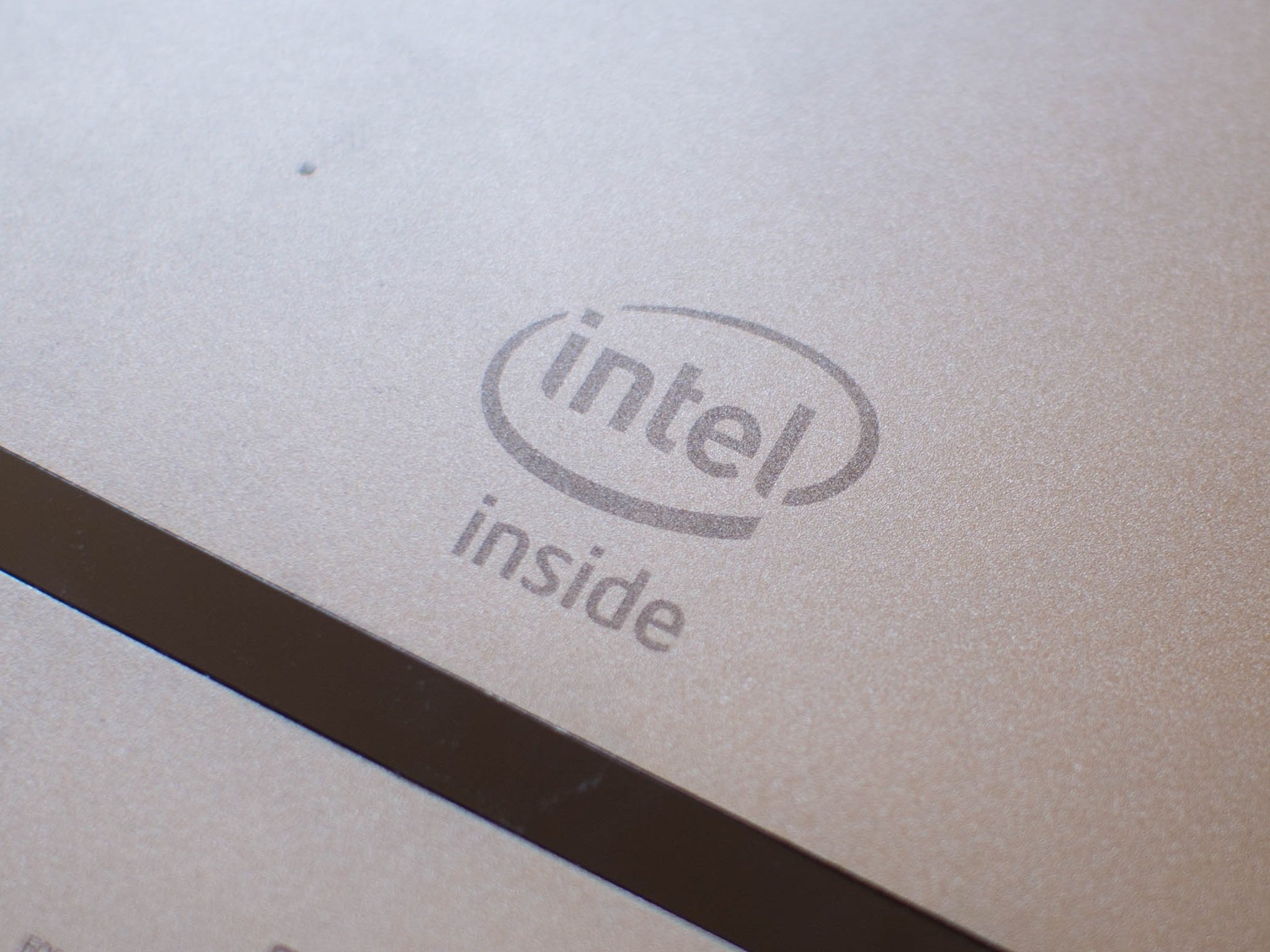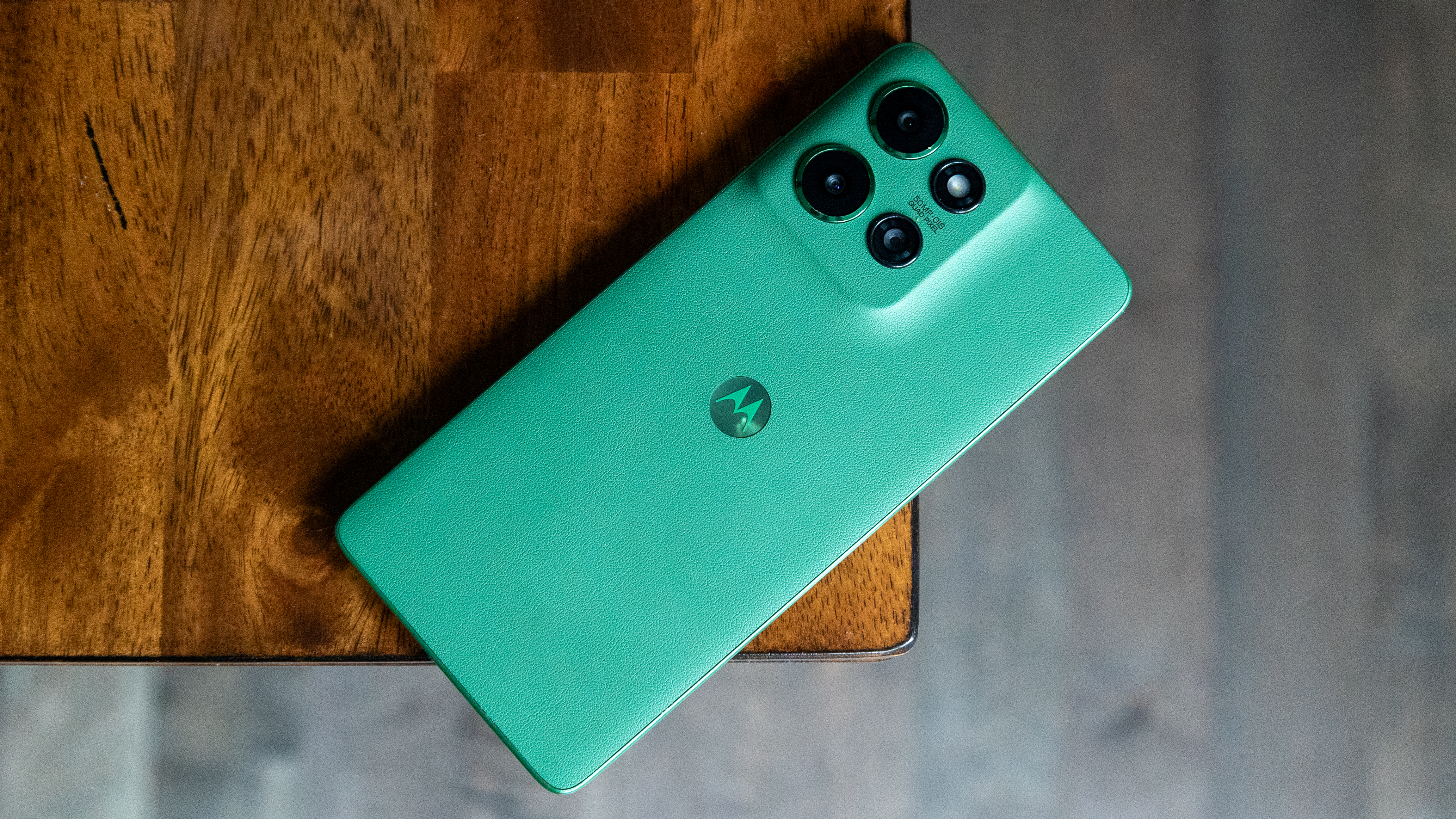Intel solidifies robotaxi plans with $900M acquisition of Moovit

What you need to know
- Intel has acquired public transit app Moovit for $900 million.
- The move marks a step toward the company's eventual goal of becoming a "complete mobility provider."
- Moovit boasts, according to Intel, 800 million customers across 3,100 cities.
Autonomous driving is expected to become a multi-billion dollar industry within the next decade, and Intel just planted its flag in the space — a $900M flag, to be precise. That's the price the chipmaker is paying to acquire Israeli public transit app Moovit, which allows users to map out their travel via public transit in 3,100 cities across 102 countries. The app, according to Intel, boasts 800 million users across the globe.
The chipmaker explains its splurge as follows:
The addition of Moovit brings Intel's Mobileye closer to achieving its plan to become a complete mobility provider, including robotaxi services, which is forecast to be an estimated $160 billion opportunity by 2030.
Mobileye, by the way, is another Israeli start-up the chipmaker has acquired in recent years, whose technology relates to the cameras found in self-driving cars and which, given the astronomical price tag of this acquisition, is seemingly spearheading Intel's ambitions in the space.
"Mobileye's ADAS technology is already improving the safety of millions of cars on the road, and Moovit accelerates their ability to truly revolutionize transportation – reducing congestion and saving lives – as a full-stack mobility provider," said Intel CEO Bob Swan.
"Mobileye's business model encompasses the entire automated driving value chain," Intel says, and while Moovit's technology may not directly relate to autonomous driving itself, what it does bring to the table is the end-user facing part of Intel's mobility-as-a-service puzzle. After all, even a self-driving taxi needs to be told where to go and where the customers are; Moovit is the answer to that question.
Get the latest news from Android Central, your trusted companion in the world of Android

